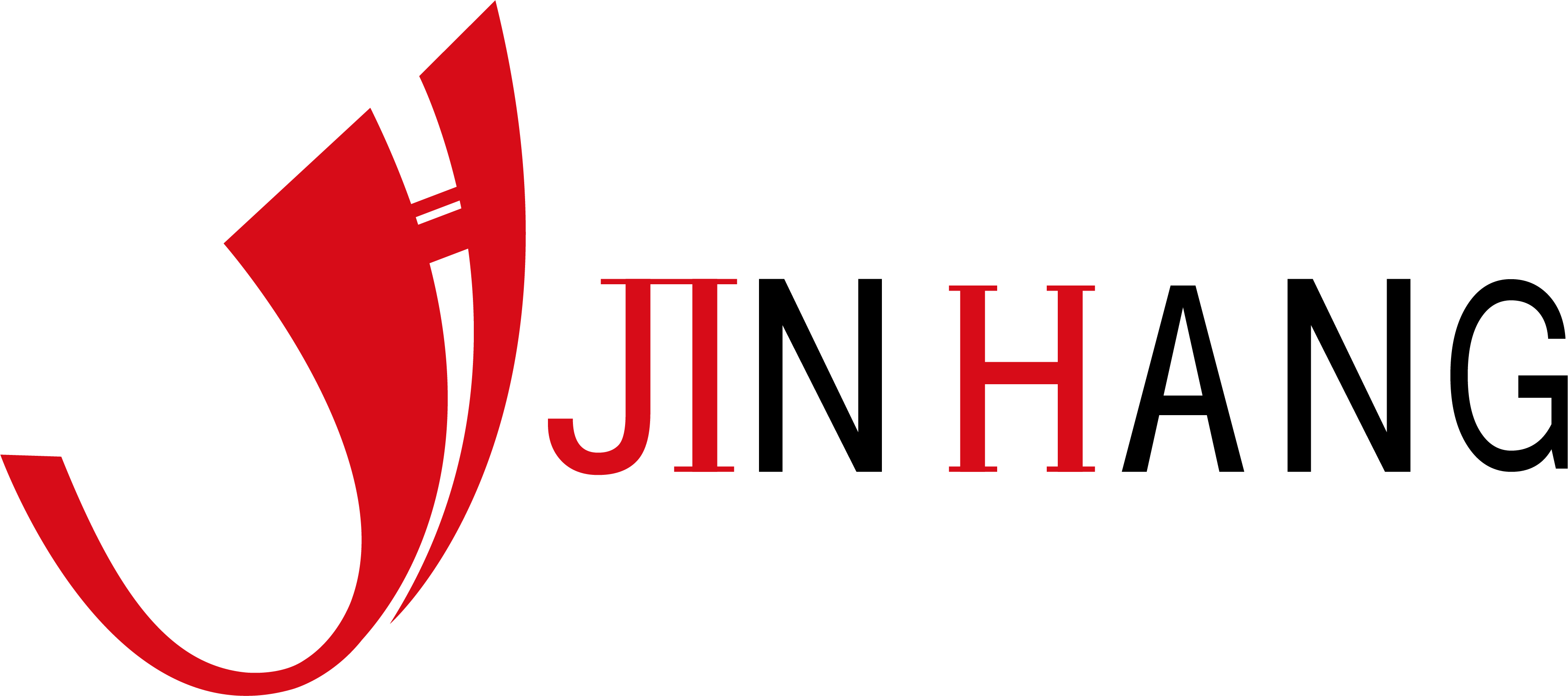Why does the food processing industry need polyurethane rollers?
In the food processing industry, polyurethane rollers are a key equipment component that is widely used in multiple production links. This material is not only favored for its excellent physical properties, but also because it can meet the strict hygiene and safety standards in the food processing process. The application of polyurethane rollers greatly improves production efficiency while ensuring product quality and consistency.
So why does the food processing industry need polyurethane rollers? What role does it play in specific processing links?
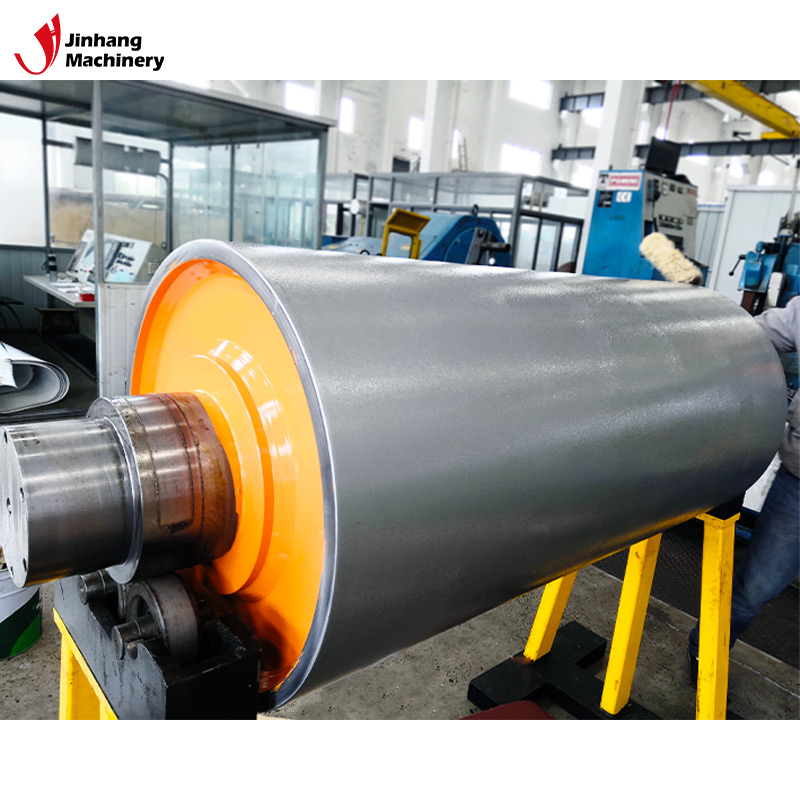
Why does the food processing industry need polyurethane rollers?
The production process of the food processing industry usually includes multiple links, such as raw material handling, molding processing, packaging, and transportation. Each link has very high requirements for equipment, especially in terms of hygiene, durability, and operating precision. Polyurethane rollers, due to their unique characteristics, can provide excellent performance in these aspects and become an indispensable component in the food processing industry.
Hygiene requirements
The food processing industry has very strict hygiene requirements for equipment. Polyurethane rollers have excellent chemical resistance and antibacterial properties, and can resist the corrosion of common cleaning agents and disinfectants in food processing, ensuring that bacteria do not grow on the surface of the equipment. At the same time, the surface of polyurethane roller is smooth and easy to clean, which is essential for maintaining food safety and hygiene standards.
Durability and fatigue resistance
Many operating processes in food processing involve long-term continuous operation, which places high demands on the durability of equipment. With its excellent wear resistance and fatigue resistance, polyurethane roller can operate stably for a long time in a high-intensity working environment, reduce the frequency of equipment replacement and maintenance, and thus reduce production costs.
Excellent physical properties
Polyurethane roller has high elasticity, good resilience and appropriate hardness, which can meet the needs of various food processing equipment. Its elasticity enables the roller to deform moderately under pressure, thereby ensuring uniform distribution of pressure during processing and improving product quality and consistency.
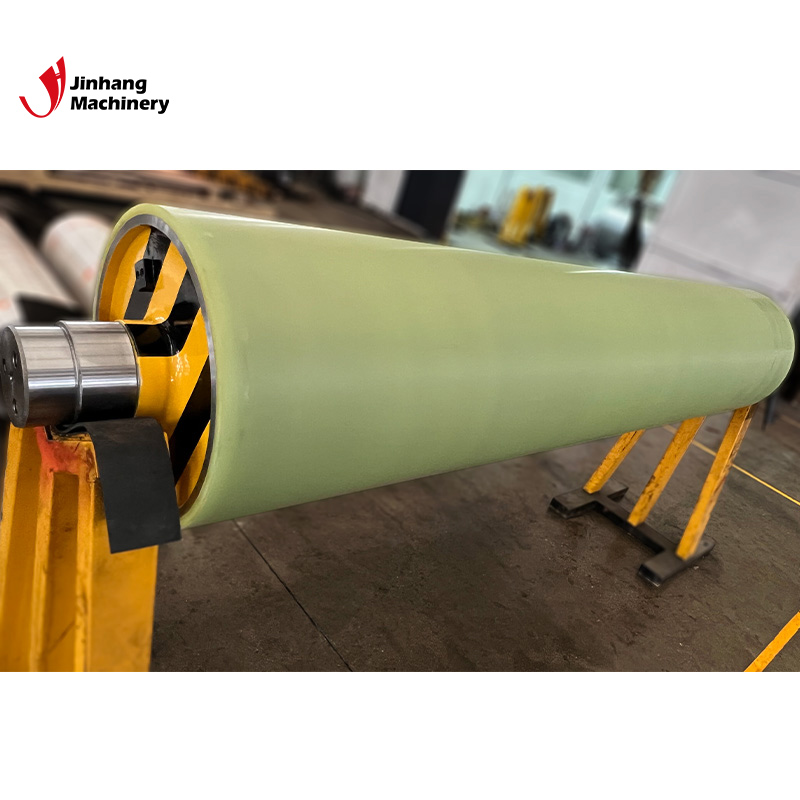
Which link needs to use polyurethane roller?
The application of polyurethane roller runs through all links of food processing. Here are some of the main application scenarios:
Raw material transportation
In the early stages of food processing, raw materials usually need to be transferred from one processing link to another through conveyor belts or other conveying equipment. Polyurethane roller plays a vital role in these equipment. Due to its wear resistance and durability, polyurethane roller can maintain good performance in long-term use and is not prone to wear and aging problems. In addition, the elasticity and corrosion resistance of polyurethane materials enable rollers to cope with various types of food ingredients, including liquid, powder and granular materials.
Forming and pressing
In the food processing process, forming and pressing are key links in processing raw materials into the shape of the final product. Polyurethane rollers play an important role in these processes. For example, during the pressing of dough, polyurethane rollers can ensure that the pressure is evenly distributed, avoiding uneven thickness of the product, thereby improving the quality consistency of the product. At the same time, the high resilience of polyurethane materials ensures that the rollers can quickly return to their original shape during use, reducing downtime in production.
Cutting and slitting
In many food processing processes, products need to be cut and slid after forming. Polyurethane rollers are also indispensable in these links due to their wear resistance and elasticity. Polyurethane rollers can provide stable support and ensure the accuracy and consistency of cutting. In addition, polyurethane materials cause less wear on the cutter, which helps to extend the service life of the equipment.
Packaging and labeling
The final stage of food processing usually includes packaging and labeling operations. These processes require high operating accuracy and surface finish of the equipment. Polyurethane rollers, with their smooth and easy-to-clean surface, can ensure the smooth progress of the packaging and labeling process and prevent the product from being damaged or contaminated during the packaging process. At the same time, the elasticity and hardness of polyurethane rollers can be adjusted according to different packaging materials to meet various types of packaging needs.
Conveying and handling
During the entire food processing process, products need to be conveyed and handled between various processes. Polyurethane rollers play a vital role in conveyor belt systems and handling equipment. The durability and fatigue resistance of polyurethane rollers enable it to maintain stable performance during long-term continuous operation, reducing the maintenance and replacement frequency of equipment. In addition, the vibration reduction and noise control characteristics of polyurethane materials help to improve the comfort of the production environment and reduce noise pollution.
Freezing and cooling
In some food processing processes, products need to be frozen or cooled. Polyurethane rollers are also widely used in these links. The low-temperature resistance of polyurethane materials allows it to remain elastic and durable in freezing and cooling environments, and will not crack or deform due to temperature changes. This is crucial to ensure the stability of the freezing and cooling process and product quality.
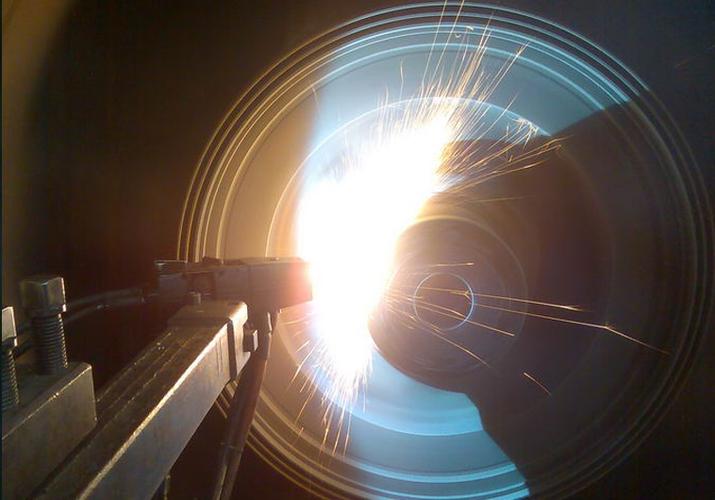
What are the advantages of polyurethane rollers?
In addition to meeting the stringent requirements of the food processing industry, polyurethane rollers have other significant advantages that make them widely used in various links.
Customization capability
The hardness, size and shape of polyurethane rollers can be customized according to specific application requirements. This means that whether in raw material transportation, molding processing or packaging, polyurethane rollers can achieve optimal working conditions and meet specific process requirements by adjusting parameters.
Cost-effective
Although the initial cost of polyurethane rollers may be high, their durability and low maintenance requirements make their overall cost-effectiveness very significant. The long service life and reliable performance of polyurethane rollers reduce replacement frequency and downtime, thereby reducing production costs and improving production efficiency.
Environmental protection and sustainability
Polyurethane materials can reduce the impact on the environment through recycling and reuse. This makes polyurethane rollers not only excellent in performance, but also in line with the current social requirements for environmental protection and sustainable development. This is particularly important for the food processing industry, where food safety and environmental protection are important factors for companies to gain a foothold in the market.
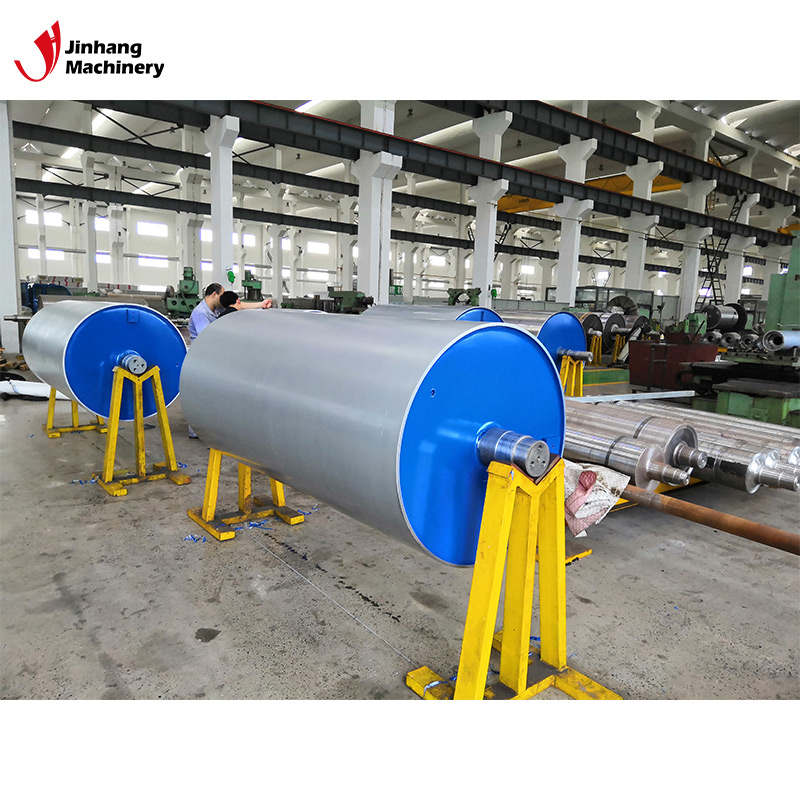
How to choose the right polyurethane roller?
It is crucial to choose the right polyurethane roller in the food processing industry. First, according to the materials and operating environment in contact during food processing, choose polyurethane materials with appropriate chemical resistance and corrosion resistance. For example, for equipment that requires frequent cleaning, choosing polyurethane materials with high chemical resistance can extend the service life of the equipment.
Second, the hardness and elasticity of the polyurethane roller should be adjusted according to the specific process requirements. Softer polyurethane rollers are suitable for occasions that require high elasticity, while harder rollers are suitable for high-pressure operations. Choosing polyurethane rollers with appropriate hardness and elasticity can improve product quality and extend equipment life.
In addition, the size and design of the polyurethane roller should match the requirements of the equipment and production line. Appropriate size and design can ensure that the roller runs smoothly during the production process, improve production efficiency and reduce failure rate. Finally, choosing a reputable supplier can ensure the quality and after-sales service of the polyurethane roller. Experienced suppliers are usually able to provide professional advice based on customer needs and provide technical support in after-sales service to ensure the normal operation of the equipment.
